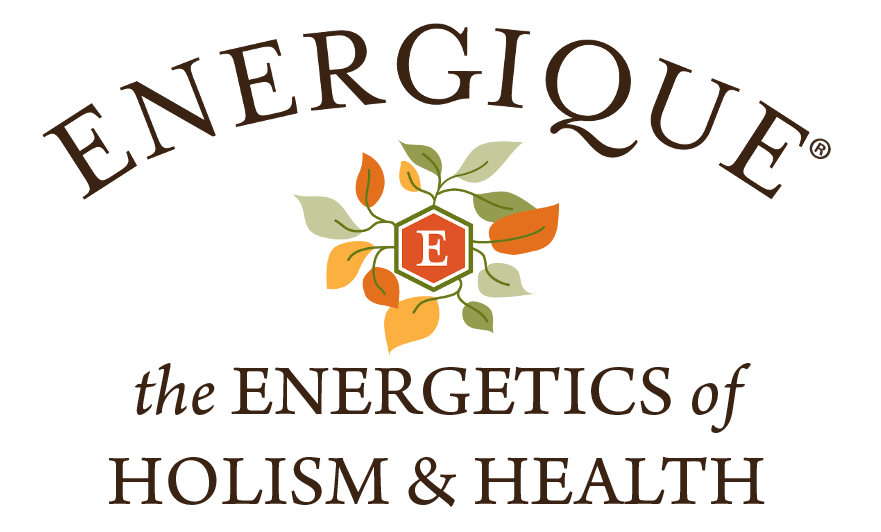A number of different insect bites can cause local or systemic symptoms, as can those of several arachnids which will be included under this heading. Most bites are a harmless nuisance; however, some biting insects act as vectors for infectious disease. Ticks may be carriers of Lyme disease or rickettsial infections such as typhus and Rocky Mountain spotted fever. Mosquitoes transmit a variety of viral and parasitic diseases worldwide, including malaria, West Nile virus, chikungunya, and dengue fever. Some bites, such as those of the black widow and brown recluse spiders, are poisonous and potentially life-threatening. The irritation and itching of most bites, however, is the result of an allergic response, though this may also cause a life-threatening reaction in certain individuals. Should the bites become locally infected, please refer to the Bacterial Infections section of this guide; should the bite be from a potential disease vector, consider referring to the Lyme Disease or Malaria sections of this guide.
Homeopathics
Apis Cord™- may temporarily relieve symptoms of redness, itching, swelling, heat, skin blotching, and sudden headache.**
* Biting Insect Antigens™– homeopathic antigen formula to address symptoms of minor allergic reactions to most biting insects.**
Cort Sym™ Gel– topical gel indicated for skin irritation, inflammation, and insect bites.**
Drainpar™- glandular homeopathic for liver, lymph, and kidney support, promotes the drainage of toxins.**
Elimitone™- tonifier for the lymphatic and immune systems, indicated for relief of swellings with heat and inflammation.**
Histamine Phenolic– isopathic phenolic remedy to lessen reactions to histamine, indicated for relief of allergic symptoms.**
Pyostat™- (Formerly called Septastat) – homeopathic detoxifier for septic or toxic states, indicated for bites, swelling, fever, muscular soreness, burning or stinging pain, and inflammation.**
Staphysagria– single homeopathic which may make one less appealing to mosquitoes.**
Herbals
Histacom™- (Formerly called Allercom) – fortifier for the immune system, indicated for minor allergic reactions to insect bites.
Black Gel™ – herbal topical gel which may be used as a salve to draw outirritants and toxins.
* Buzz Off! ™- herbal and essential oil-based insect repellent, free of harsh chemicals and DDT.
* Echinacom™ or Echinacom C™- fortifier for the immune system, indicated to purify the blood.
Gencom™- fortifier for the blood, lymphatics, and detoxifier for the general system.
* Turmericom™- (Formerly called Inflammacom) – fortifier for the immune system, indicated to support a healthy and balanced inflammatory response.
Propolicom™- fortifier for the immune system, indicated to purify the blood.
Scrophularicom™- fortifier for the lymph, spleen, and liver, excellent drainage remedy for minor symptoms of insect bites.
Trifolocom™- fortifier for the lymphatic system and spleen, indicated to promote lymphatic drainage.
Flora Defense™- (Formerly called Yeast Formula) Rainforest Botanical formula that has disinfectant properties.
Nutritionals
B-Complex– evidence suggests that the odor of thiamine can help repel biting insects[i].
C-TR 1500– time-released vitamin C, indicated for antioxidant and detox support..
* Immunique™- essential nutrients for tissue healing and immune support.
Additional Considerations
For bee, wasp, and hornet stings, be sure the stinger has been removed. Ice packs are often beneficial. Applying saltwater or a copper penny to the sting are highly recommended home remedies for bee stings.
Before going outdoors, avoid the use of bath oils, soaps, and perfumes, as these may attract bugs. Some believe that consuming sugar gives off a sweet aroma that may attract insects.
Ticks live in areas of shaded undergrowth, so sticking to open sunlit areas is a good way to avoid tick bites. Ticks are best removed with tweezers, grasping as close to the skin as possible. It is not recommended to save ticks to be tested for Lyme disease, as this testing is not accurate for diagnostic purposes.
The remedies mentioned above may also be used for household pets.
[i] Badawi A, El Halawany M, Latif R. A Pilot Clinical Study on Thiamine Hydrochloride as a New Mosquito Repellent: Determination of the Minimum Effective Dose on Human Skin. Biol Pharm Bull. 2020;43(2):284-288. doi: 10.1248/bpb.b19-00538.
*Denotes primary remedy.
**These statements are based upon traditional homeopathic practice.
**Claims based on traditional homeopathic practice, not accepted medical evidence. Not FDA evaluated.
These statements have not been evaluated by the Food and Drug Administration. These products are not intended to diagnose, treat, cure, or prevent any disease.
Revised 3/1/21
